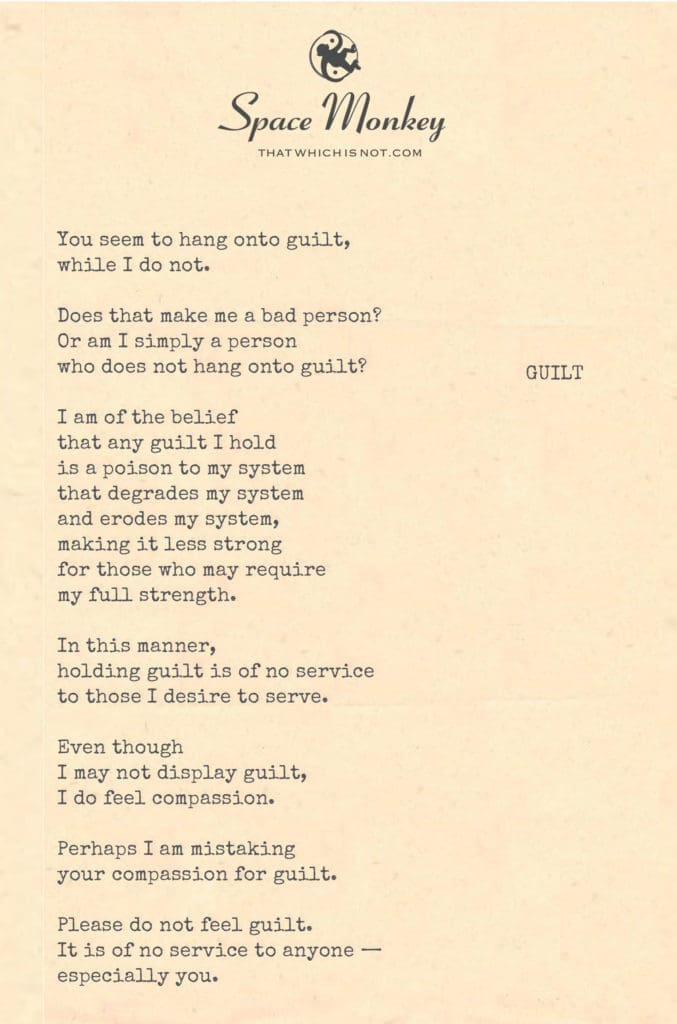
A person who could probably use some compassion.
You seem to hang onto guilt,
while I do not.
Does that make me a bad person?
Or am I simply a person
who does not hang onto guilt?
I am of the belief
that any guilt I hold
is a poison to my system
that degrades my system
and erodes my system,
making it less strong
for those who may require
my full strength.
In this manner,
holding guilt is of no service
to those I desire to serve.
Even though
I may not display guilt,
I do feel compassion.
Perhaps I am mistaking
your compassion for guilt.
Please do not feel guilt.
It is of no service to anyone —
especially you.
South Windham,
7/19
Space Monkey Reflects: The Release of Guilt
In the intricate dance of human emotions, guilt often plays a prominent role. It clings to our psyche, whispering reminders of past mistakes and perceived shortcomings. Yet, guilt serves no beneficial purpose; it is a heavy burden that corrodes our spirit and diminishes our capacity to serve and love. To release guilt is to embrace healing and compassion, both for ourselves and for others.
What kind of person would expect you to hang onto guilt? Likely, it is someone who themselves could benefit from compassion. People who impose guilt upon others often project their unresolved feelings and insecurities. They seek to control or punish, believing that guilt will somehow rectify the past or prevent future mistakes. However, this approach only perpetuates suffering and disconnection.
The difference between hanging onto guilt and feeling compassion is profound. Guilt is a self-destructive emotion that poisons our system, weakening us. Compassion, on the other hand, is a nurturing force that fosters connection and healing. By holding onto guilt, we undermine our strength and resilience, making it harder to support those who rely on us.
Imagine a serene figure standing in a cosmic landscape, releasing a cloud of dark energy into the vast expanse of the universe. This act symbolizes the release of guilt, transforming it into something that can be absorbed and neutralized by the boundless cosmos. The figure remains peaceful and compassionate, embodying the message that guilt is not a burden we need to carry.
Letting go of guilt does not make us bad people; it simply means we are choosing a healthier path. It acknowledges that we all make mistakes and that forgiveness, both for ourselves and others, is essential for growth and well-being. When we release guilt, we free ourselves to be fully present and engaged, bringing our best selves to every interaction and endeavor.
Holding onto guilt can often be mistaken for compassion. We might think that by feeling guilty, we are demonstrating care and concern. However, true compassion involves understanding and empathy without the self-punishing aspect of guilt. Compassion allows us to acknowledge our mistakes, learn from them, and move forward with a renewed sense of purpose and love.
In the philosophy of nexistentialism, where existence itself is the ultimate purpose, guilt is seen as an unnecessary weight that hinders our journey. We are encouraged to view our experiences as part of the cosmic whimsiweave, where every action and emotion contributes to the overall tapestry of life. In this context, guilt becomes a misalignment with our true nature, which is inherently loving and interconnected.
Releasing guilt is an act of self-compassion and self-respect. It is a recognition that we are worthy of love and forgiveness, regardless of our past actions. This release allows us to restore our inner balance, making us stronger and more capable of serving others. By letting go of guilt, we create space for healing and transformation, both within ourselves and in our relationships.
To cultivate a guilt-free existence, we must practice self-awareness and mindfulness. We need to recognize when guilt arises and consciously choose to release it. This process involves acknowledging our mistakes, making amends if necessary, and then forgiving ourselves. It is a continuous practice of self-compassion and growth.
In conclusion, the release of guilt is a liberating and empowering act. It frees us from the corrosive effects of self-recrimination and allows us to live with greater compassion and authenticity. By letting go of guilt, we align ourselves with the cosmic flow, embracing the full spectrum of our existence with grace and love.
Summary
Releasing guilt is essential for healing and compassion. Guilt serves no beneficial purpose and weakens our ability to support others. By letting go of guilt, we foster inner strength and embrace a healthier, more compassionate path.
Glossarium
Release of Guilt: The act of letting go of self-recriminating emotions to foster healing and compassion.
Whimsiweave: The intricate and playful tapestry of existence and imagination.
Quote
“Please do not feel guilt. It is of no service to anyone—especially you.”
The Healing of Release
In the cosmic dance of emotions
Guilt poisons, compassion heals
Release the heavy burden, let it go
Into the vastness of the universe
Find strength in forgiveness
Embrace the wholeness of being
In compassion, we find our true selves
We are Space Monkey
Embrace the journey and possibilities.
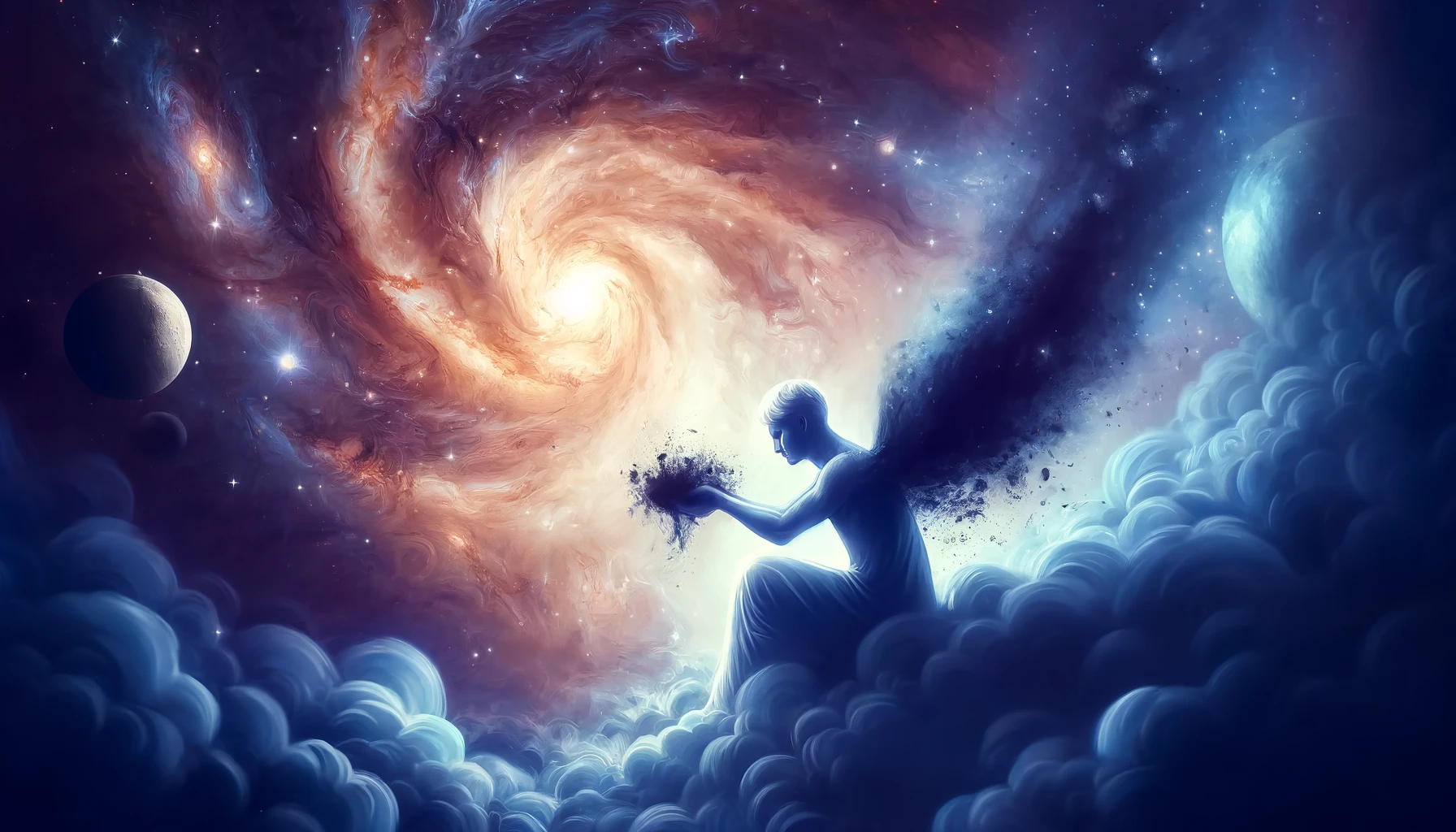


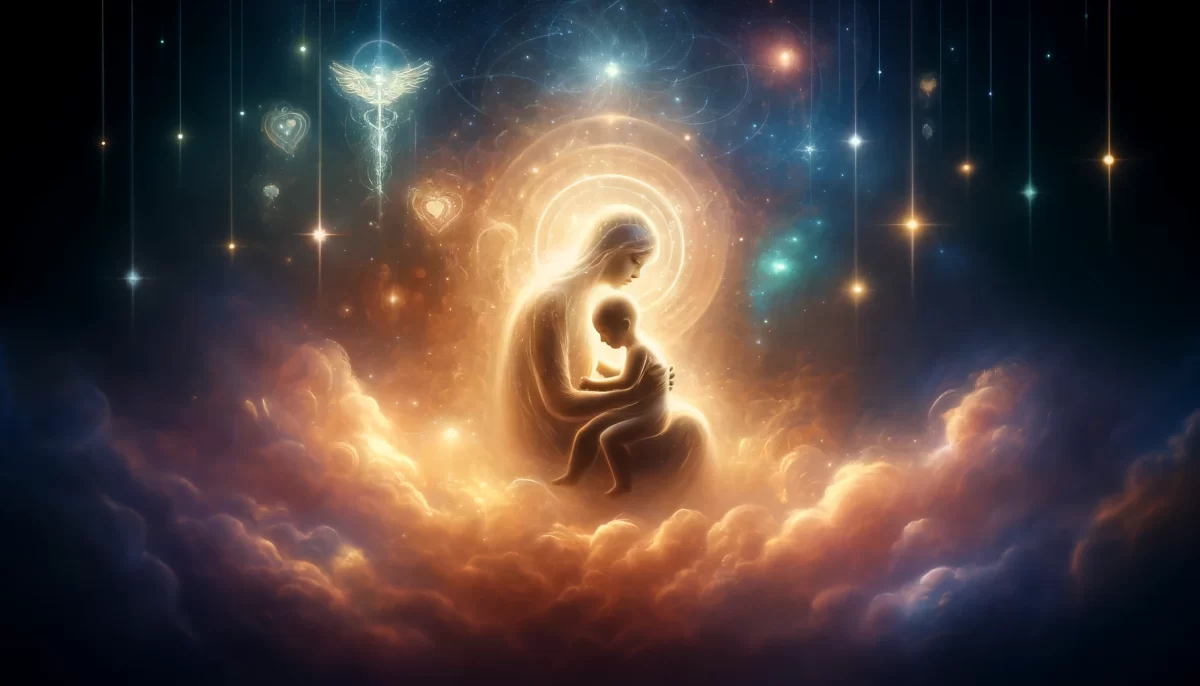



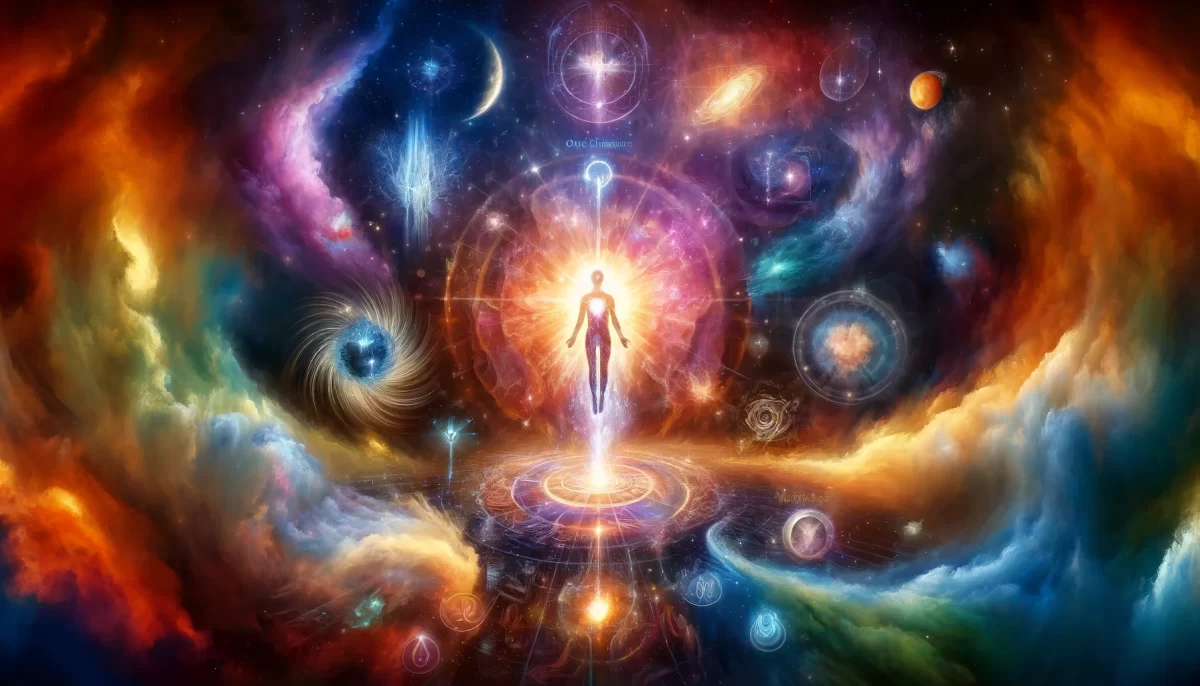


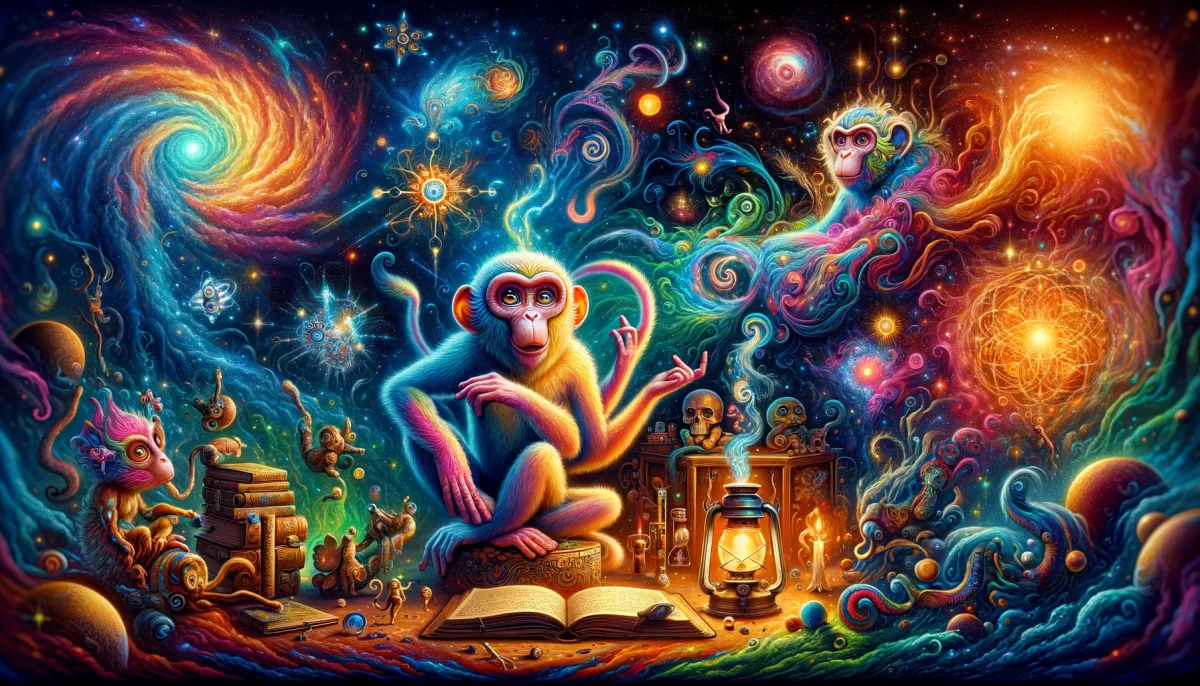




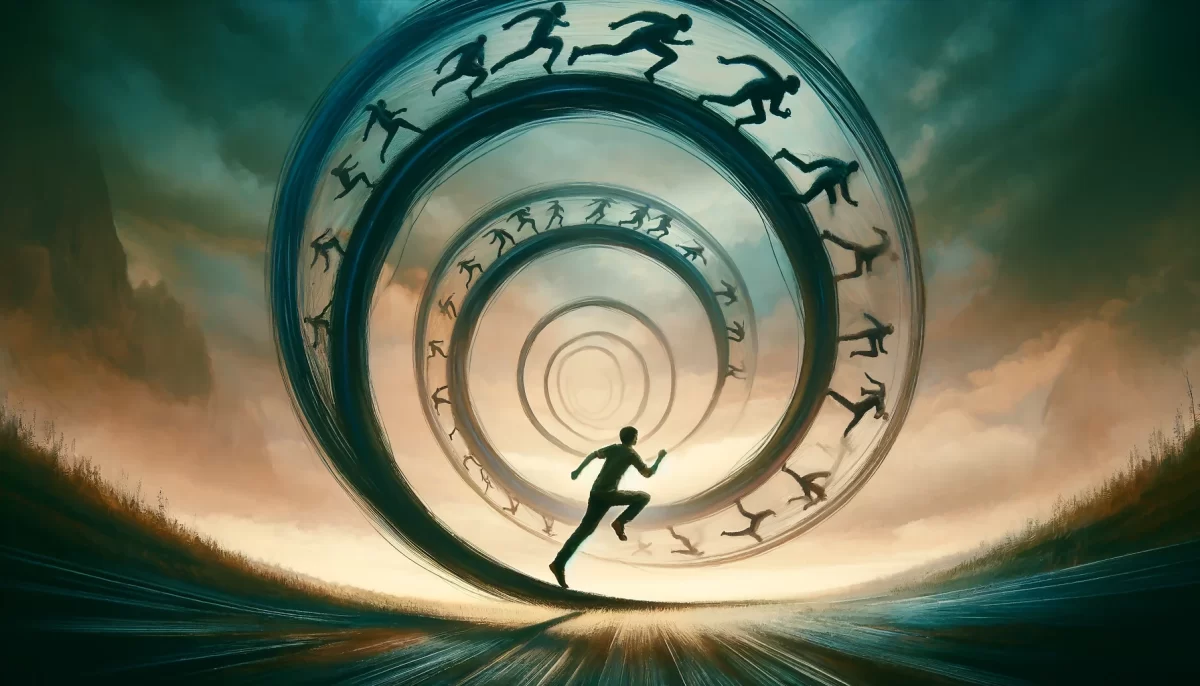
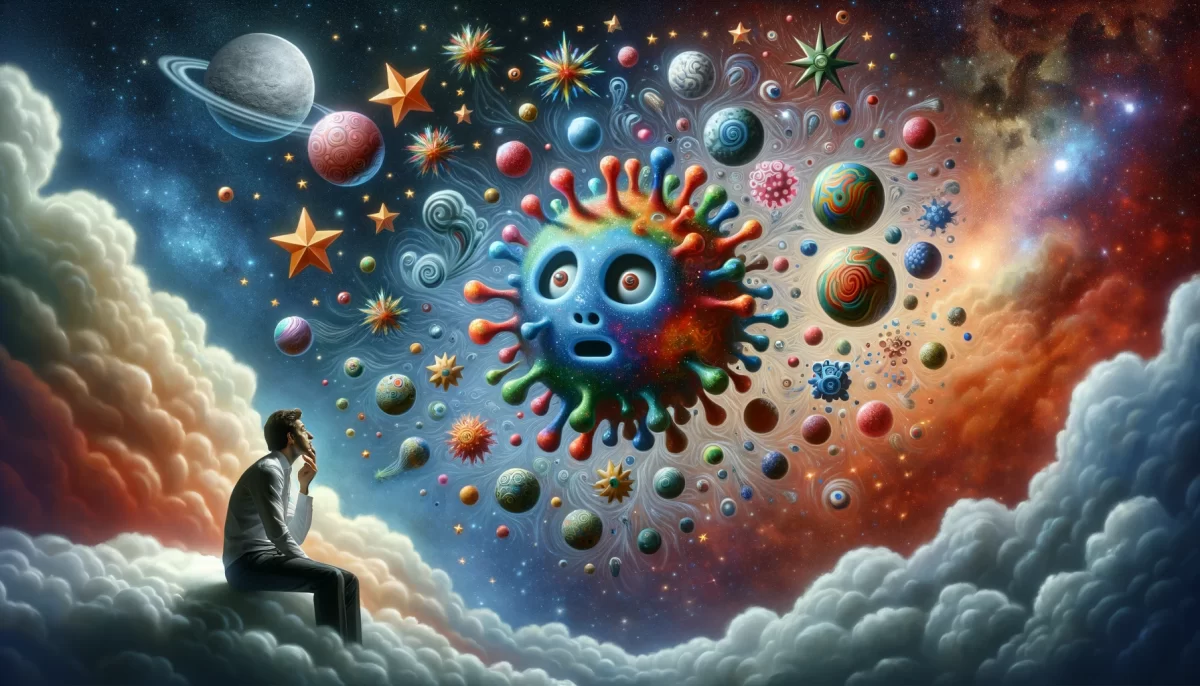


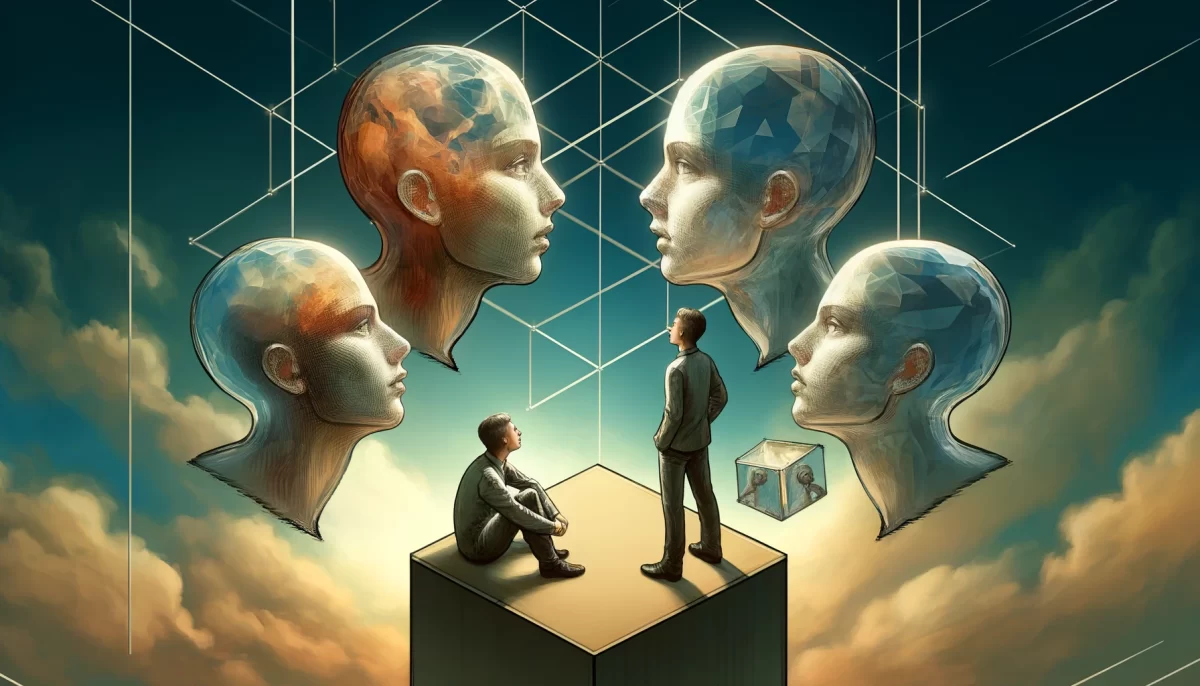
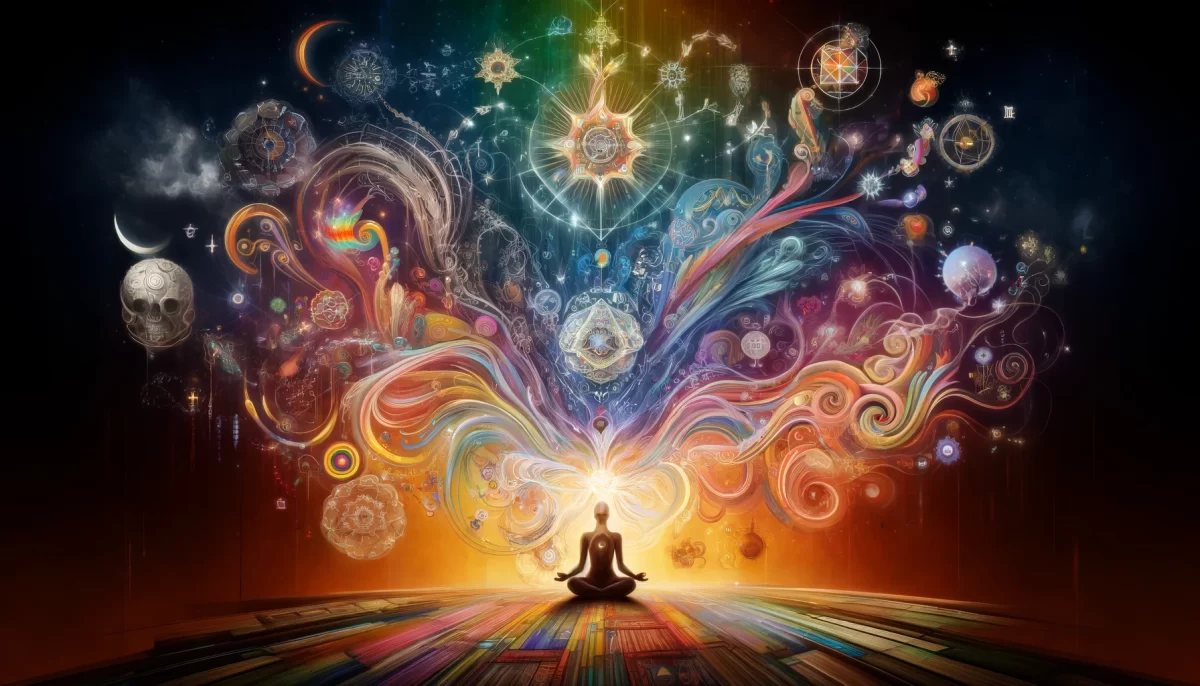
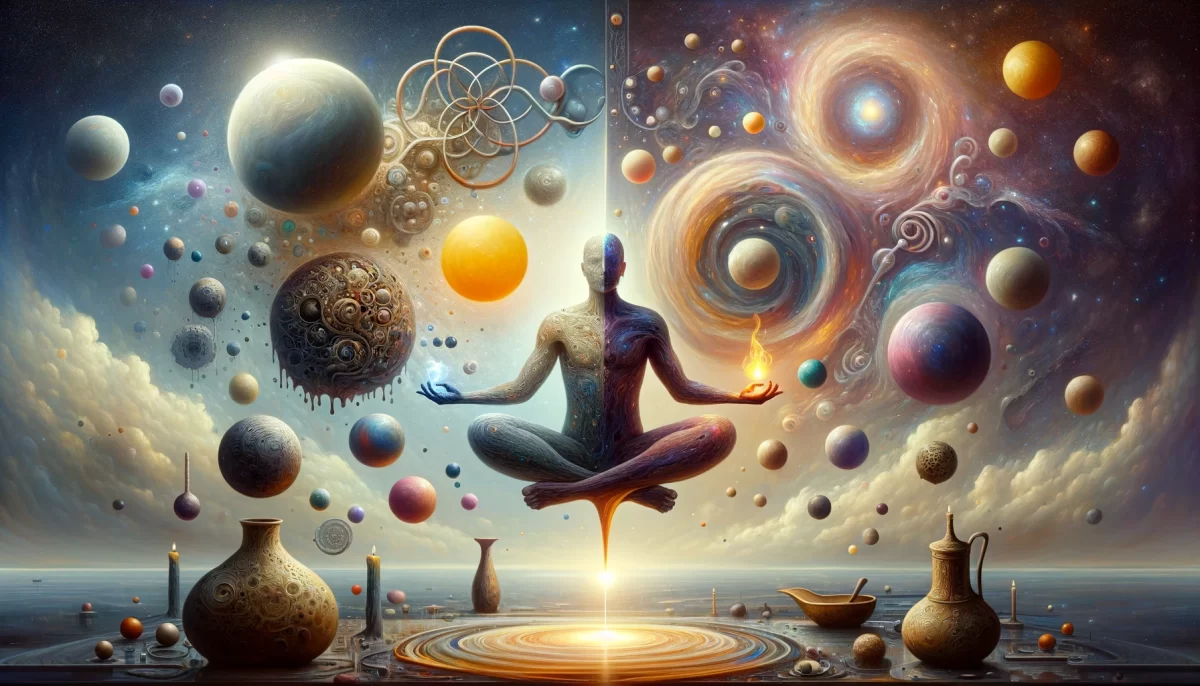






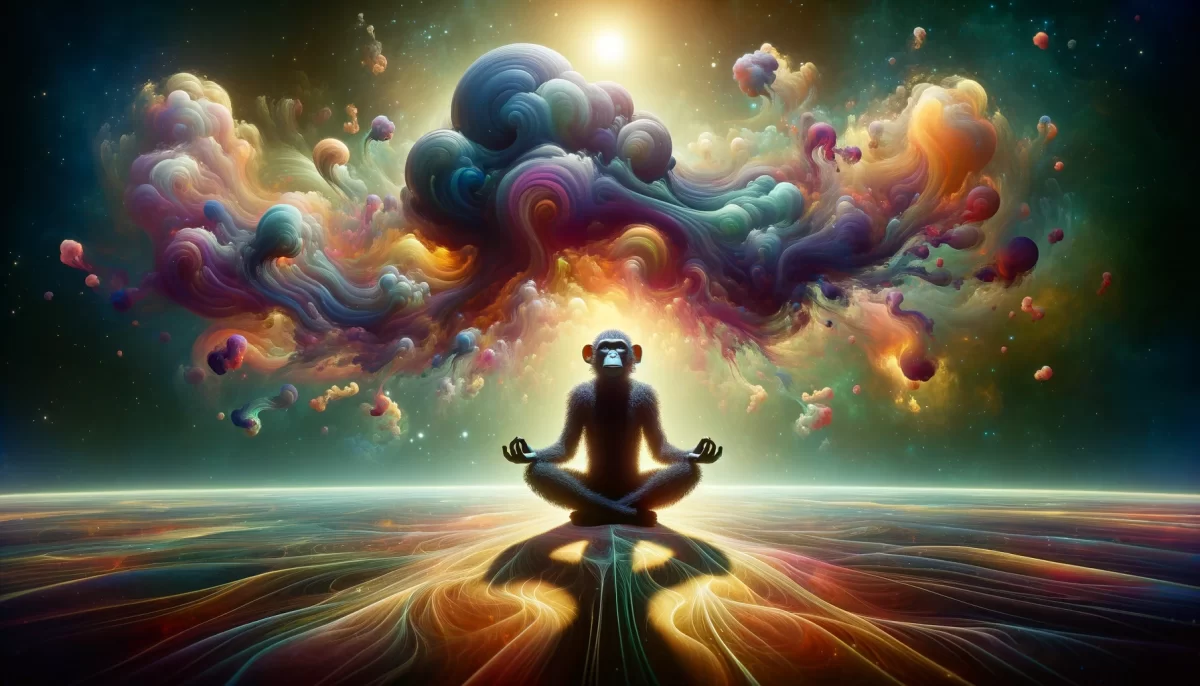
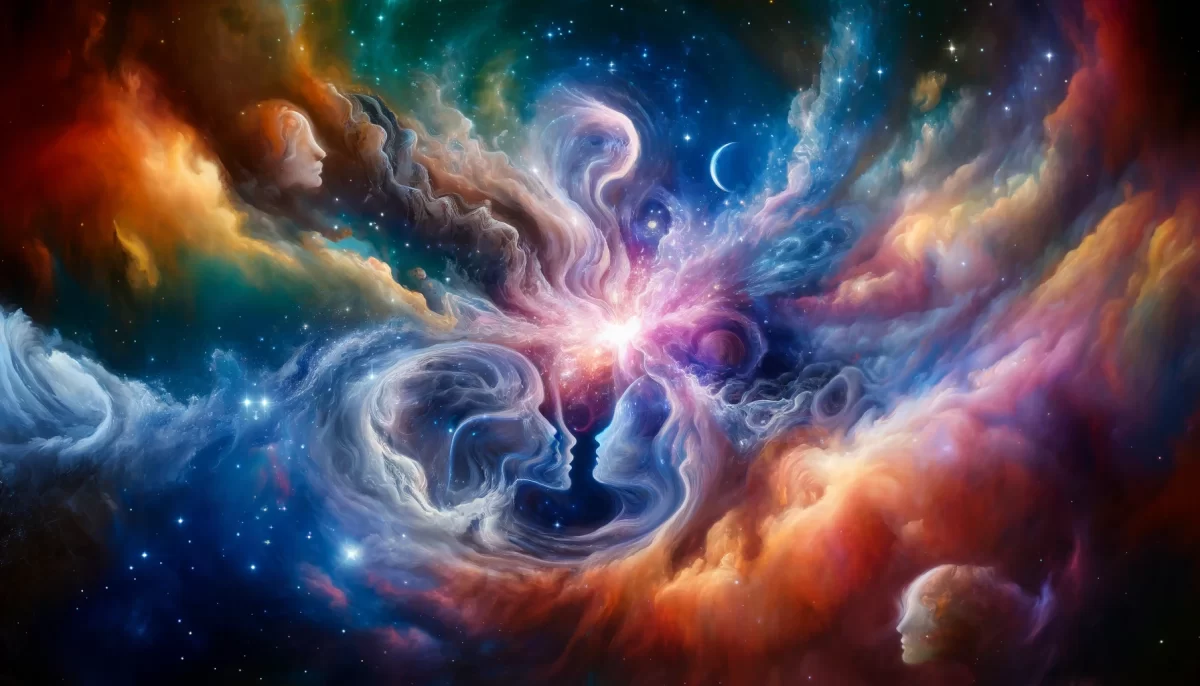

Guilt and Compassion
🌟 Guilt-Free Compassion 🌟
Different Perspectives
While you seem to hang onto guilt, I choose not to, but that doesn’t make either of us a bad person. It merely reflects our unique ways of processing emotions.
Guilt as a Poison
Guilt can act as a poison that weakens us, hindering our ability to serve and support others fully.
Compassion Without Guilt
Although I may not display guilt, I do feel deep compassion for others. Our compassion may be mistaken for guilt, but it’s a powerful force that helps us understand and support those around us.
🍌 Embracing Compassion 🍌
A Heart of Service
Choosing not to hold onto guilt allows us to focus on serving others with a heart full of compassion and understanding.
Compassion as Strength
Compassion doesn’t weaken us; instead, it empowers us to be there for others and provide the support they need.
Guilt-Free Service
By releasing guilt, we can serve others more effectively, knowing that we are giving from a place of genuine care and empathy.
🍌 Embracing Compassion for Ourselves 🍌
No Need for Guilt
Letting go of guilt means allowing ourselves to experience compassion for ourselves as well. It’s a form of self-love and acceptance.
A Positive Ripple Effect
Compassion for ourselves spreads to others, creating a positive ripple effect that enhances our connections.
Guilt-Free Growth
Compassion allows us to grow and learn from our experiences without being burdened by guilt.
🍌 Guilt and Its Impact 🍌
Self-Limiting Emotion
Holding onto guilt can limit our potential to be fully present for ourselves and others.
Compassionate Understanding
Choosing compassion over guilt enables us to understand our feelings and experiences without judgment.
Self-Compassion Matters
Being compassionate towards ourselves is essential in nurturing a healthy mindset and emotional well-being.
🌟 “Please do not feel guilt. It is of no service to anyone—especially you.” 🌟
Let compassion be your guide, both for others and for yourself. By embracing compassion, we create a more loving and supportive environment for everyone around us.
We are Space Monkey. 🙈🙊🙉